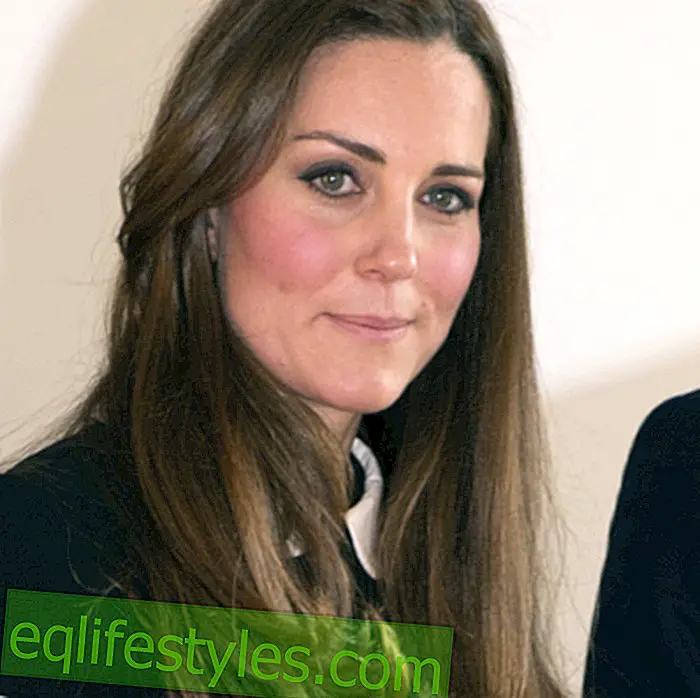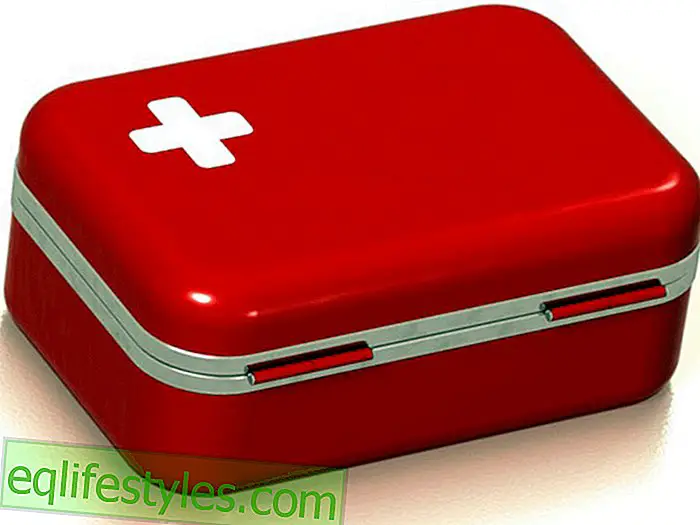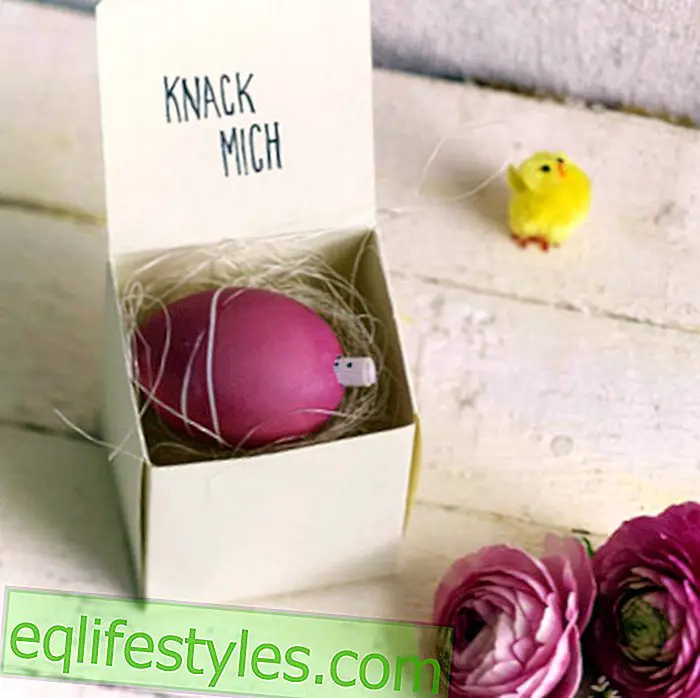
Are quenched eggs easier to peel?
The dispute over the breakfast egg has already dissolved some Sunday harmony in the air. Soft or hard? Or rather waxy? And first the question of whether you should scare eggs after cooking or not. But do not panic - the last question we can now take the potential for conflict.
First of all, if you do not want to eat your breakfast egg directly after cooking, then you should rather do without quenching. The cold water can cause small cracks in the shell which limit the shelf life of the ice to two days. Why? Because germs can easily penetrate the egg.
But once again to the initial question: Are quenched eggs easier to peel? Not necessarily! Whether or not an egg peels easily usually depends on the age of the egg. Over time, the egg loses water and carbon dioxide as air penetrates through the shell. As a result, the thin egg skin becomes more elastic and after ten days, the egg is easier to peel. If the egg is fresh, however, the shell usually sticks more strongly to the egg.
And why an egg then put off?
If you like your egg soft or awake, then quenching the ice makes sense. This will end the cooking process and leave the egg as soft or hard as you like it best.
Not only eggs, but also freshly baked bread rolls and this crunchy apple-cornflakes cake make the morning perfect.









